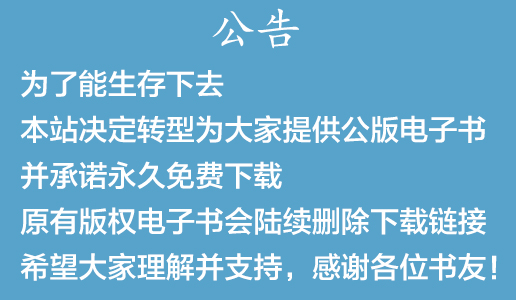
内容简介
A Nobel prize winner challenges us to throw off the free market fundamentalists and reclaim our economy.
We all have the sense that the American economy―and its government―tilts toward big business, but as Joseph E. Stiglitz explains in his new book, People, Power, and Profits, the situation is dire. A few corporations have come to dominate entire sectors of the economy, contributing to skyrocketing inequality and slow growth. This is how the financial industry has managed to write its own regulations, tech companies have accumulated reams of personal data with little oversight, and our government has negotiated trade deals that fail to represent the best interests of workers. Too many have made their wealth through exploitation of others rather than through wealth creation. If something isn’t done, new technologies may make matters worse, increasing inequality and unemployment.
Stiglitz identifies the true sources of wealth and of increases in standards of living, based on learning, advances in science and technology, and the rule of law. He shows that the assault on the judiciary, universities, and the media undermines the very institutions that have long been the foundation of America’s economic might and its democracy.
Helpless though we may feel today, we are far from powerless. In fact, the economic solutions are often quite clear. We need to exploit the benefits of markets while taming their excesses, making sure that markets work for us―the U.S. citizens―and not the other way around. If enough citizens rally behind the agenda for change outlined in this book, it may not be too late to create a progressive capitalism that will recreate a shared prosperity. Stiglitz shows how a middle-class life can once again be attainable by all.
An authoritative account of the predictable dangers of free market fundamentalism and the foundations of progressive capitalism, People, Power, and Profits shows us an America in crisis, but also lights a path through this challenging time.
作者简介
Joseph E. Stiglitz is a Nobel Prize–winning economist and the best-selling author of Globalization and its Discontents Revisited: Anti-Globalization in the Age of Trump, The Price of Inequality, and Freefall. He was chairman of the Council of Economic Advisers under President Clinton, chief economist of the World Bank, named by Time as one of the 100 most influential individuals in the world, and now teaches at Columbia University and is chief economist of the Roosevelt Institute.